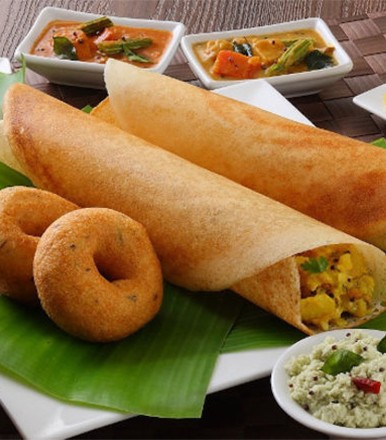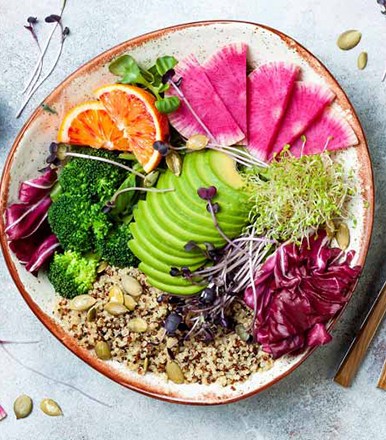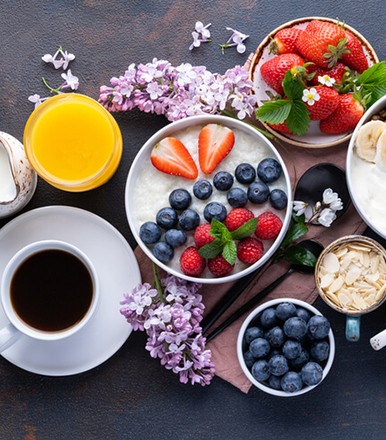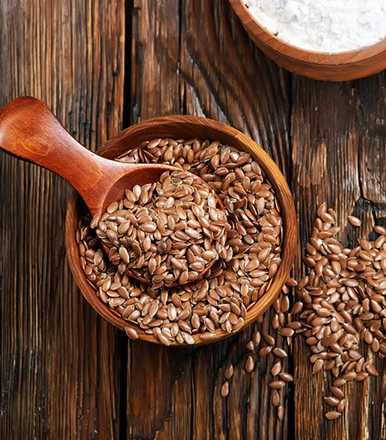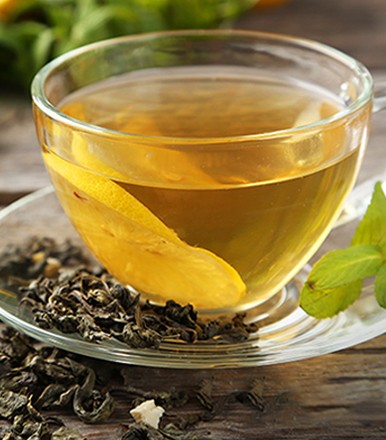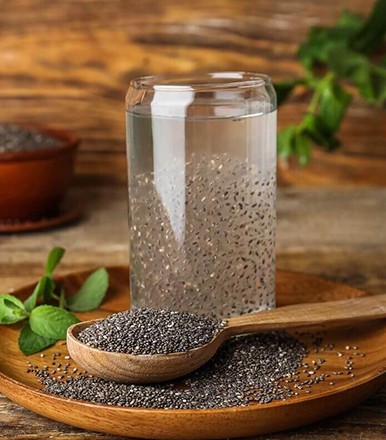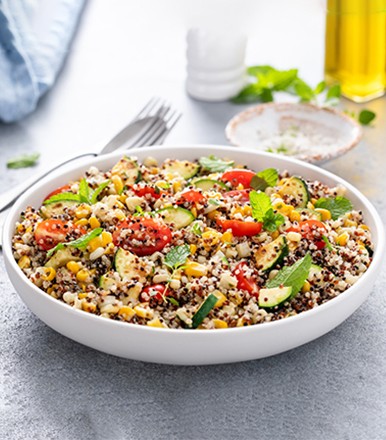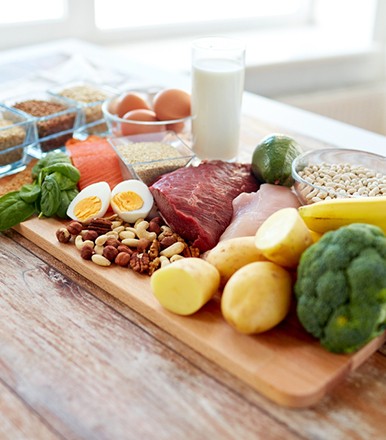Eating a balanced diet is essential to maintain overall health. Whether aiming for weight management, boosting energy, or simply wanting to feel your best, the right foods can make all the difference. This blog will guide you on the key foods that promote a healthier lifestyle.
Key Foods for Optimal Health
1. Fruits and Vegetables
Fruits and veggies should be the cornerstone of your diet. They're loaded with vitamins, minerals, and antioxidants that help fight diseases and keep your body functioning optimally. Aim for a colorful variety—each color offers different nutrients!
2. Lean Proteins
Protein is crucial for muscle growth and repair. Lean options like chicken, turkey, fish, beans, and tofu offer high-quality protein without the extra fat. Protein also keeps you full longer, making it essential for those trying to manage their weight.
3. Whole Grains
Whole grains like brown rice, quinoa, oats, and whole wheat bread are excellent sources of fiber. Fiber aids in digestion and can help prevent issues like constipation. These grains also provide long-lasting energy, making them a staple for active lifestyles.
4. Healthy Fats
Not all fats are bad. Healthy fats, like those found in avocados, nuts, seeds, and olive oil, support brain function and heart health. Incorporating these fats into your meals can improve cholesterol levels and reduce the risk of heart disease.
5. Dairy or Dairy Alternatives
Calcium and vitamin D are critical for bone health, and dairy products like milk, yogurt, and cheese are great sources. If you’re lactose intolerant or vegan, opt for fortified plant-based milk like almond or soy.
6. Hydration
Staying hydrated is just as important as the food you eat. Water helps maintain bodily functions, regulates temperature, and supports digestion. Aim for 8 glasses a day, and increase that if you’re physically active.
Stay Healthy with Hello Fitness Magazine!
At Hello Fitness Magazine, we’re passionate about helping you lead a healthier life. Check out our latest articles and tips on nutrition, workouts, and wellness. Take the first step towards a healthier you today!
FAQs
1. How much fruit should I eat daily?
Experts recommend 1.5 to 2 cups of fruit per day for most adults.
2. Are carbs bad for you?
Not all carbs are bad. Whole grains and complex carbs provide lasting energy and essential nutrients.
3. What’s the best source of protein for vegetarians?
Great vegetarian protein sources include beans, lentils, tofu, and quinoa.
4. How much water should I drink daily?
Aim for at least 8 glasses of water daily, and more if you’re active.
5. Can I get enough calcium from non-dairy sources?
Yes, foods like leafy greens, almonds, and fortified plant-based milk are excellent non-dairy sources of calcium.





-cr-386x440.jpg)
